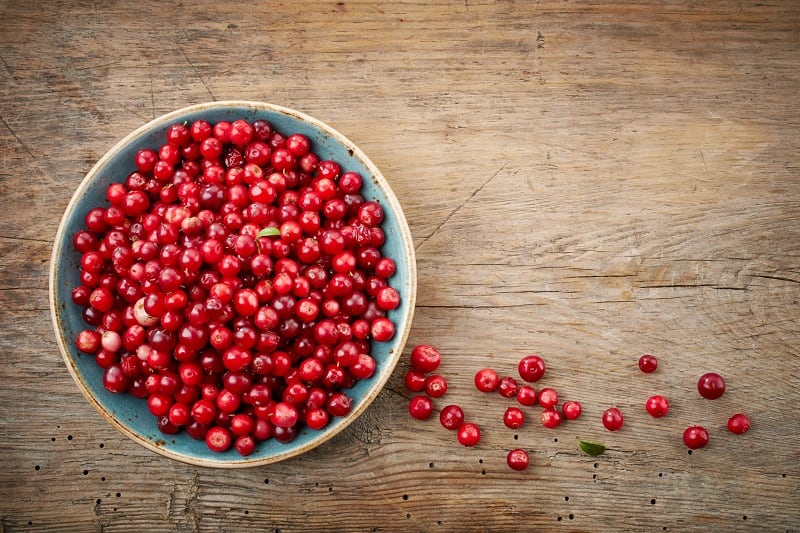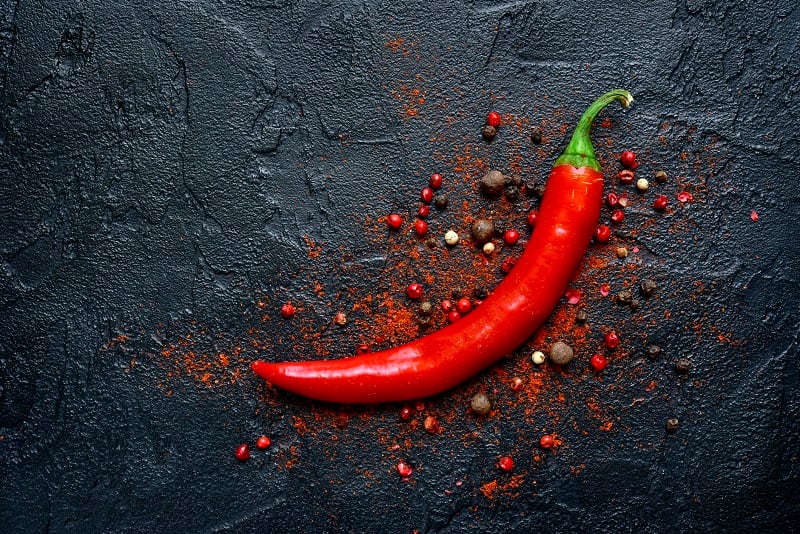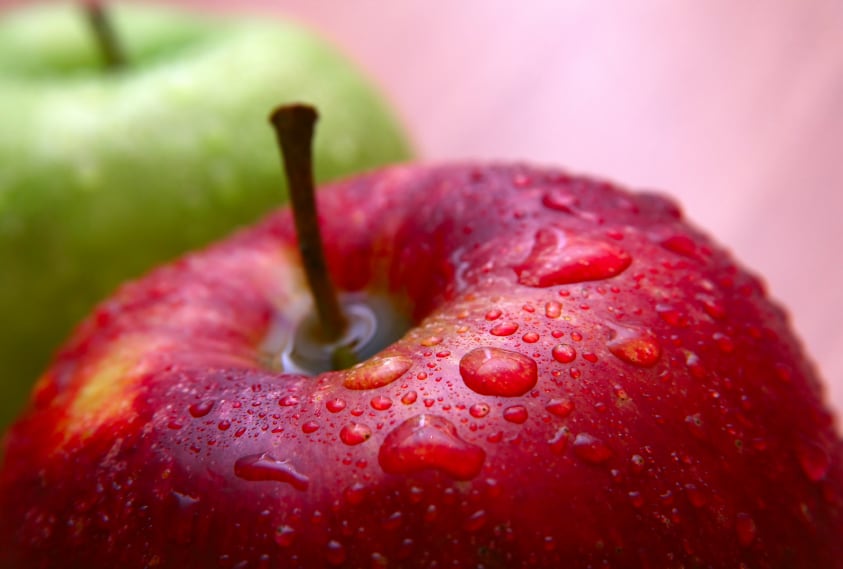Epidemiological studies have shown that polyphenol-rich foods – such as lingonberry, bilberry, cranberry and blackcurrant -- reduce the risk of cardiovascular diseases.
In her doctoral thesis, Anne Kivimäki, MSc (Food Science) investigated the cardiovascular effects of cold-pressed lingonberry juice, cranberry juice and blackcurrant juice for 8-10 weeks on genetically hypertensive rats.
She discovered that while juice that contained more polyphenols improved impaired blood vessel function to the level of healthy vessels, the diluted lingonberry juice significantly lowered high blood pressure.
Lingonberry juice prevented the expression of genes associated with low-grade inflammation in the aorta. The effect of other berry juices was less marked. The juice, however, did not prevent the age-related elevation of blood pressure typical to the hypertensive animal strain.
According to Kivimäki, underlying the effect was probably the reduction of low-grade inflammation as well as mechanisms related to the renin-angiotensin system, a central regulator of blood pressure, and the availability of nitric oxide, a local endothelial vasodilating factor.
“These experimental findings need evidence from comparative clinical studies on healthy individuals with slightly elevated blood pressure who, at this point, have been given nutritional and lifestyle guidance instead of drug therapy. Lingonberry juice is no substitute for medication, but it is a good dietary supplement,” Kivimäki said.
Scandinavian super berry
This is the latest evidence of the health properties in lingonberries, a wild fruit popular in Scandinavia which have a sour flavour similar to cranberries.
Previous research has shown that that a diet involving lingonberry juice can help protect against kidney failure. Another study from the University of Eastern Finland has suggested that the naturally occurring pigments in berries, also known as anthocyanin, which give berries their red, blue or purple colour, increase the function of the sirtuin 6 enzyme in cancer cells and could therefore open up new avenues for cancer treatment.
"The most interesting results of our study relate to cyanidin, which is an anthocyanin found abundantly in wild bilberry, blackcurrant and lingonberry," said Minna Rahnasto-Rilla, Doctor of Pharmacy, the lead author of the study.
Another study from Lund University in Sweden in 2014 suggested lingonberries could help prevent weight gain. In this study, mice were assigned the following diets for 13 weeks: low-fat diet, high-fat diet or high-fat diet supplemented (20%) with lingonberry, blackcurrant, bilberry, raspberry, açai, crowberry, prune or blackberry.
The researchers concluded that lingonberries fully or partially prevent the detrimental metabolic effects of a high-fat diet. Blackcurrants and bilberries had similar properties, but to a lesser extent.
The study suggested that “the beneficial metabolic effects of lingonberries could be useful in preventing obesity and related disorders”.
Source
Kivimäki’s doctoral thesis entitled ‘Lingonberry juice, blood pressure, vascular function and inflammatory markers in experimental hypertension’ was examined and accepted for PhD degree at the University of Helsinki on 13 December 2019. The thesis can be accessed through the E-thesis service.




